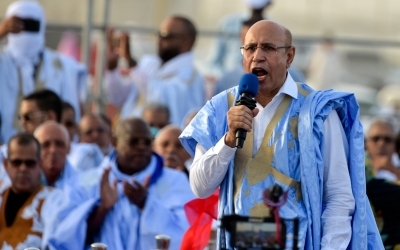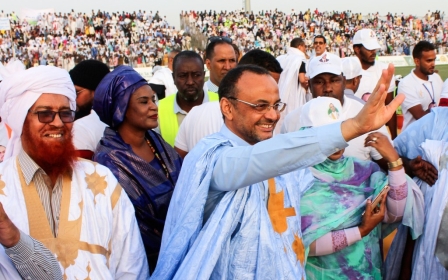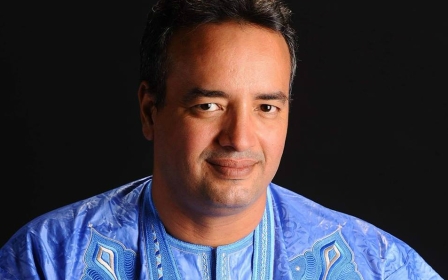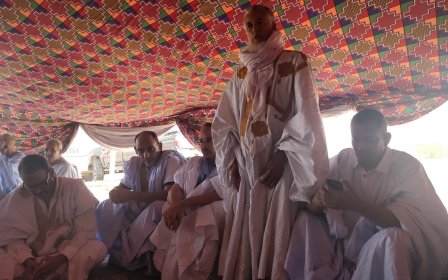Mauritania opposition candidates appeal presidential election results
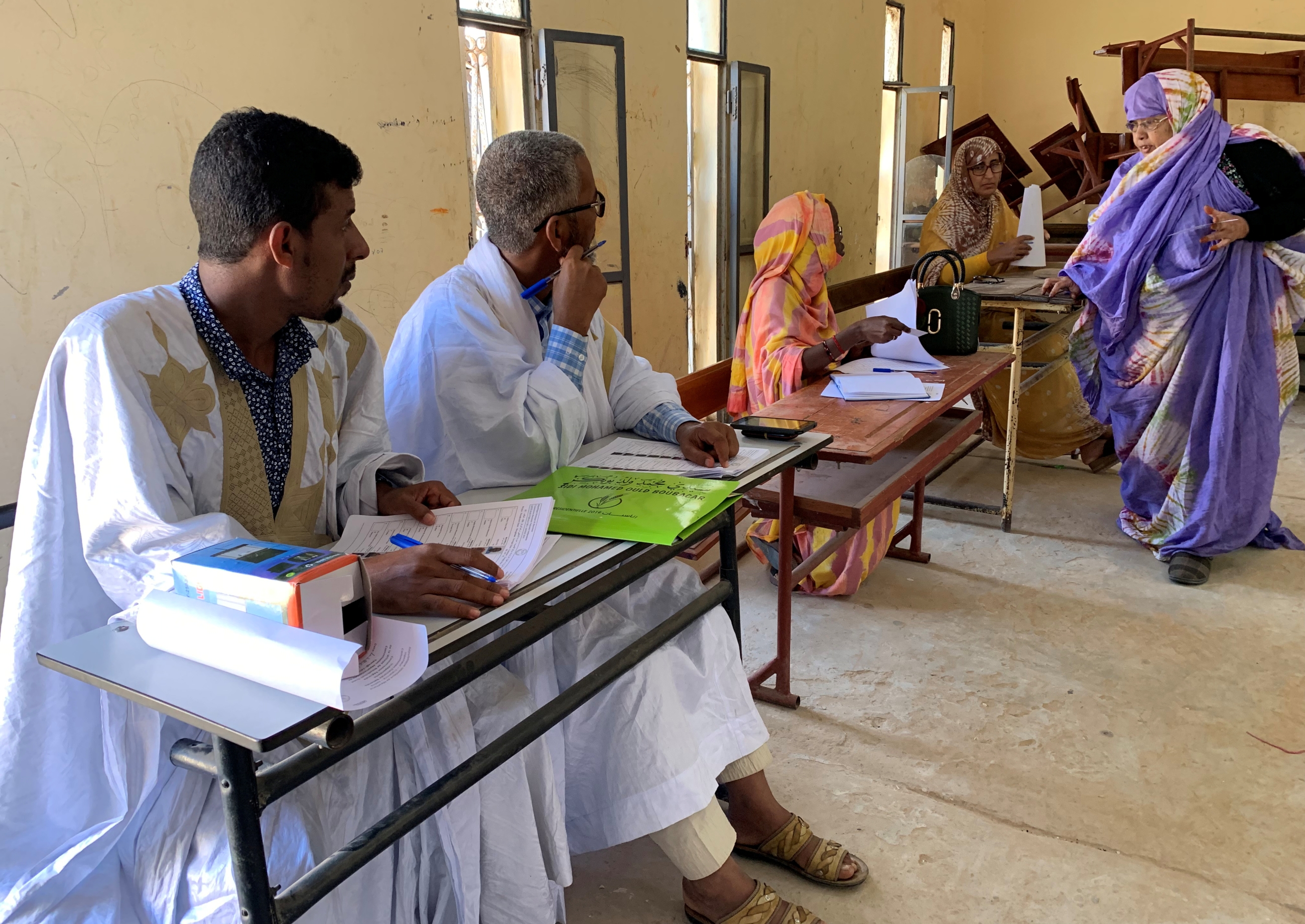
Three candidates who lost in Mauritania's presidential elections have filed an appeal, alleging irregularities in the vote, as small-scale protests against the results took place across the capital.
Biram Dah Abeid, Mohamed Ould Boubacar and Mohamed Ould Maouloud filed an appeal with Mauritania's Constitutional Council late on Tuesday, alleging that the results of the country's first democratic elections were invalid.
New MEE newsletter: Jerusalem Dispatch
Sign up to get the latest insights and analysis on Israel-Palestine, alongside Turkey Unpacked and other MEE newsletters
"We noted that there was multiple voting and many other irregularities," anti-slavery campaigner Abeid said during a joint news conference in Mauritania's capital Nouakchott on Wednesday, Reuters news agency reported.
The Constitutional Council is expected to review the appeals and make a ruling by the end of the week.
In the wake of the election, small-scale opposition protests have erupted around the country's capital, Reuters reported.
Challenging the vote
According to the interior ministry, at least 100 protesters have been arrested for plotting with "foreign hands" against the state, the news agency said.
Opposition leader Abeid challenged the allegations, accusing the government of purposely trying to stir up a diplomatic row with Mauritania's southern neighbours by detaining citizens of Mali, Senegal and Gambia, Reuters reported.
Last week Abeid came in second with 18.6 percent of the vote, while Boubacar, who is backed by Mauritania's biggest Islamist party, came in third with 17.9 percent of the vote. Maouloud was fifth.
Mauritania's electoral commission declared that government-backed candidate Mohamed Ould Ghazouani won the presidency with 52 percent of the vote, just above Mauritania's 50 percent requirement.
Before Saturday's vote, opposition candidates voiced concern over the fact that ballot papers were printed by a private company that is said to be pro-Ghazouani.
For his part, third-place candidate Boubacar also complained about a lack of international observers on election day.
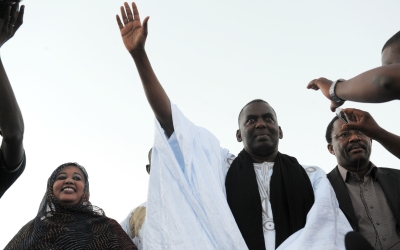
Meanwhile, the African Union (AU), which rarely challenges electoral outcomes, said it was satisfied with the election process.
The first-place candidate, Ghazouani, is expected to replace President Mohammed Ould Abdel Aziz, 62, who, since seizing power in a 2008 coup, has positioned himself as an ally of the West in the fight against militant Islamists.
Ghazouani helped Aziz during the 2008 coup and was appointed army chief at the time.
Success followed Aziz again in 2014 in an election boycotted by several opposition groups.
Slaves denied voting rights
On the day of last week's election, Abeid, the son of two former slaves, told supporters outside a designated polling place that the current government was "corrupt" and perpetrating "injustice".
Abeid is a member of the Haratin community, poor descendants of African slaves, which are the largest, but also the most disadvantaged of the ethnic groups comprising Mauritania's hierarchical society.
Dicko Dicko, general secretary of the France-based rights group Haration Association of Europe, told Middle East Eye that many Haratins could not vote in the election "because they are enslaved and don't have ID cards or documents".
While slavery in Mauritania was outlawed in 1981 and criminalised in 2007, the practice continues today.
Estimates vary, but according to the Global Slavery Index there are 90,000 slaves in Mauritania, totalling two percent of the population.
Middle East Eye delivers independent and unrivalled coverage and analysis of the Middle East, North Africa and beyond. To learn more about republishing this content and the associated fees, please fill out this form. More about MEE can be found here.


